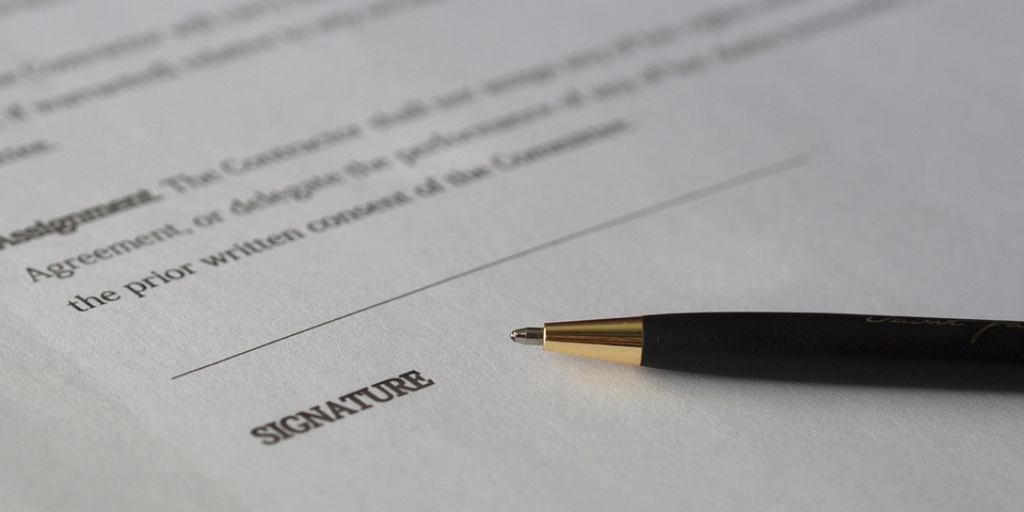Leasing a commercial property isn’t as easy as finding a property that fits your square footage needs. Even though that may be step one, you still have to negotiate your lease.
Leasing due diligence is when the prospective tenant evaluates and analyzes the commercial property to ensure the value is worth the cost. This also includes surveying and inspecting the building to make sure you understand the risks and liabilities that could affect you in a multi-year lease.
If a tenant does adequate leasing due diligence, then they’re more likely to have more power going into negotiations. We’ll be talking about some areas of a lease you can negotiate such renewal options, rights for expansion, and early termination.
Renewal Options
Renewal options are a benefit for tenants, and including a renewal option clause helps a tenant decide whether to extend the lease after the initial term. Since renewal options are beneficial to the tenant, some landlords may be unenthusiastic about including it. However, a tenant may be able to negotiate these terms by providing specific details about his or her renewal options. There are four basic elements for a renewal that can be outlined in your lease: notice period, term, rental rate, and fair market value. Defining these terms and negotiating your lease could save you a significant amount of money depending on the future of your business.
Right of First Refusal (ROFR)
Depending on the nature of the business, it may be wise to include a right of first refusal (ROFR) into the lease. ROFR is a legal option for tenants to rent or lease property before another party can. If a business is rapidly growing and is planning for future growth, then the tenant can opt to secure additional space before another entity can express interest.
Early Termination
There are too many “what if” scenarios when starting a business that could cause a business to move out of its commercial space. A business could be acquired or grow too fast for the current space. In a worst-case scenario, the market doesn’t respond to a company’s products or services, and there’s just no way to continue with the business. No matter the situation, having a well-planned exit strategy is another aspect of leasing due diligence that can put your mind at ease.
Early termination is another benefit for the tenant, so negotiation will most likely be tough if terms are specific. In most cases, landlords will require some sort of early termination fee that would be in the form of additional rent or reimbursement charges. If that’s the case, the tenant would still have some assurance that in a “what if” scenario he or she won’t have to pay the full amount of the lease.
Know Your Options
Leasing due diligence comes down to knowing and understanding your options. When leasing due diligence is done right, a tenant can have more negotiation power, which will ultimately save him or her from future changes. You can read more about leasing considerations in our Tenant’s Guide to Commercial Leasing by signing up below. If you’re currently searching for commercial space to lease, contact us to set up an initial consultation for securing a lease that fits your business needs and protects you in any future scenarios.




